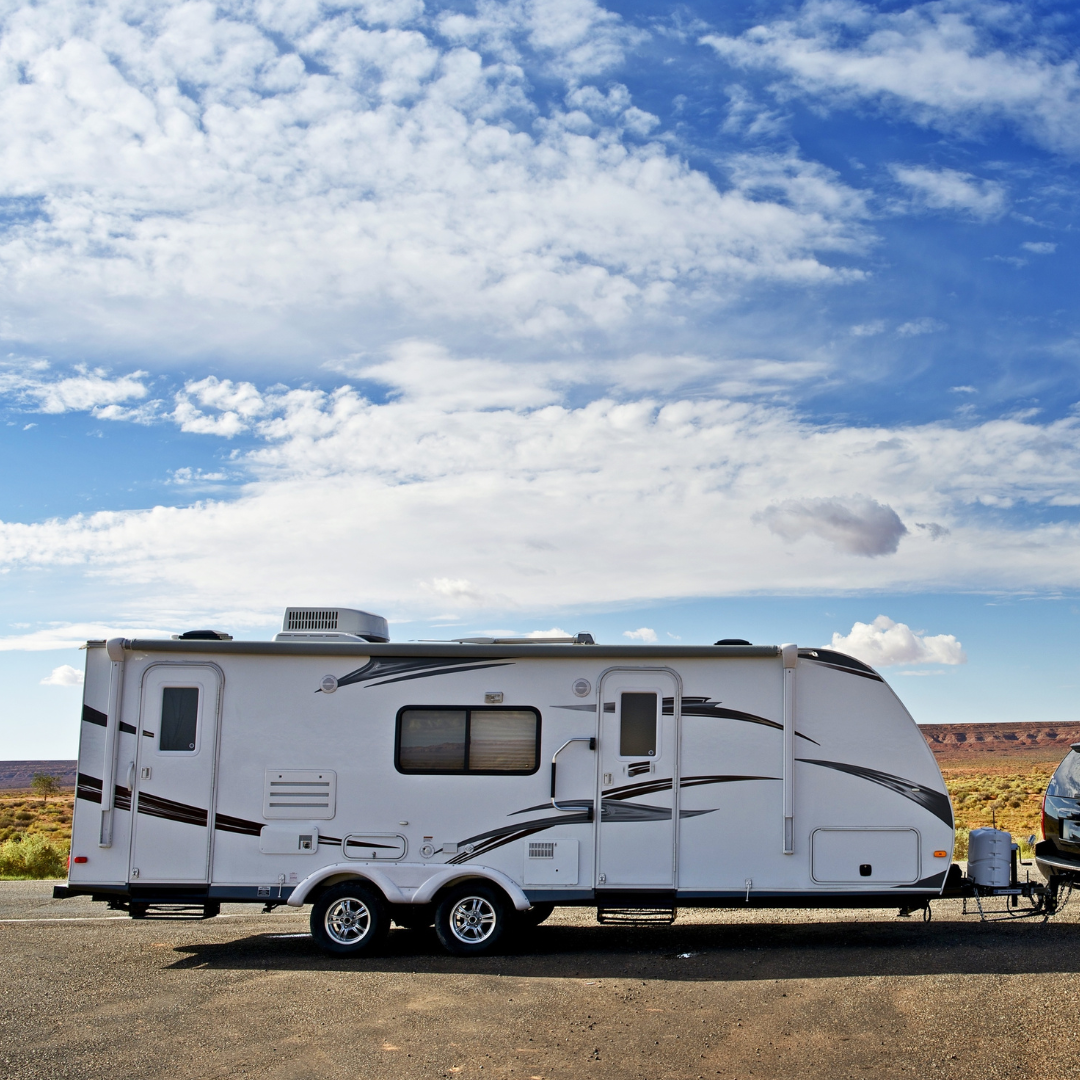Discover the various types of vehicle transport trailers available in the market. Read this comprehensive guide to understand the features, benefits, and best applications for each trailer type.
When it comes to transporting vehicles, using the right type of trailer is essential for a safe and efficient transport process. Different types of trailers are designed to accommodate various vehicle sizes, shapes, and specific transportation requirements. In this blog post, we will explore the different types of vehicle transport trailers available in the market. By understanding the features and best applications for each trailer type, you can make an informed decision when choosing a vehicle transport service. Rite Way Auto Transport offers professional vehicle transport services with a diverse range of trailer options to suit your specific needs.
Open Car Carriers :
Open car carriers, also known as open auto transport trailers, are the most commonly used trailers for vehicle transportation. These trailers have multiple levels, allowing them to carry multiple vehicles at once. Open car carriers are suitable for transporting standard-sized vehicles and are often the most cost-effective option. However, as the vehicles are exposed to the elements during transport, there is a higher risk of damage from road debris, weather conditions, and potential theft.
Enclosed Car Trailers
Enclosed car trailers provide additional protection to vehicles during transportation. These trailers have walls and a roof, shielding the vehicles from external elements such as rain, dust, and debris. Enclosed car trailers are ideal for transporting classic cars, luxury vehicles, and high-value automobiles that require extra security and protection. Although enclosed trailers offer enhanced safety, they typically come at a higher cost compared to open car carriers.
Flatbed Trailers
Flatbed trailers are versatile trailers that provide an open platform for transporting vehicles. These trailers have a flat, open deck without sides or a roof, making them suitable for oversized vehicles, heavy machinery, or non-standard vehicles such as motorcycles or boats. Flatbed trailers offer easy loading and unloading options and can be used for both short-distance and long-distance transportation. However, as the vehicles are exposed to the environment, additional care and protection measures may be necessary.
Lowboy Trailers
Lowboy trailers, also known as low-bed or low-loader trailers, are specifically designed for transporting heavy equipment and oversized vehicles. These trailers have a low deck height, allowing for easy loading and unloading of tall or oversized vehicles. Lowboy trailers are commonly used for transporting construction machinery, agricultural equipment, and large trucks. Due to their specialized nature and capabilities, lowboy trailers require experienced operators and are often used for long-haul transportation.
Multi-Car Trailers:
Multi-car trailers, also known as car haulers or multi-level trailers, are specifically designed to transport multiple vehicles simultaneously. These trailers feature multiple levels with ramps or hydraulic lift systems for easy loading and unloading. They are commonly used by car dealerships, rental agencies, and manufacturers for transporting multiple vehicles to different destinations. Multi-car trailers are an efficient option for transporting a large number of vehicles in a single trip, saving time and costs.
Tilt Trailers:
Tilt trailers, also referred to as tilt-bed or tilting car trailers, have a tilting platform that allows for easy loading and unloading of vehicles. These trailers have a hydraulic mechanism that tilts the entire bed, creating a ramp for vehicles to be driven onto or off the trailer. Tilt trailers are popular for transporting low-clearance vehicles, sports cars, or vehicles with low ground clearance. The tilting feature eliminates the need for a separate ramp, making the loading and unloading process convenient and efficient.
Specialty Trailers:
In addition to the standard trailer types mentioned above, there are specialty trailers designed for specific vehicle transportation needs. These include motorcycle trailers, boat trailers, and RV trailers. Motorcycle trailers are specifically designed with features such as chocks and tie-down points to securely transport motorcycles. Boat trailers are built to accommodate different types and sizes of boats, ensuring safe and reliable transportation. RV trailers, also known as camper trailers, are used to transport recreational vehicles or motorhomes.
When selecting a vehicle transport service, consider the specific trailer types available based on your vehicle’s size, type, and transportation requirements. Rite Way Auto Transport offers a wide range of trailer options to accommodate different vehicles, including multi-car trailers, tilt trailers, and specialty trailers. Our experienced team will assess your needs and recommend the most suitable trailer type for your vehicle transport.
Understanding the different types of vehicle transport trailers is essential when choosing a reliable and efficient auto transport service. Each trailer type has its own features, benefits, and best applications. Rite Way Auto Transport offers a comprehensive range of vehicle transport trailers, including open car carriers, enclosed car trailers, flatbed trailers, multi-car trailers, tilt trailers, and specialty trailers. Contact us today at https://ritewayautotransport.com to discuss your vehicle transport needs and benefit from our professional and tailored transportation solutions. Trust Rite Way Auto Transport to handle your vehicle transport with the utmost care, ensuring a smooth and secure transportation process.

